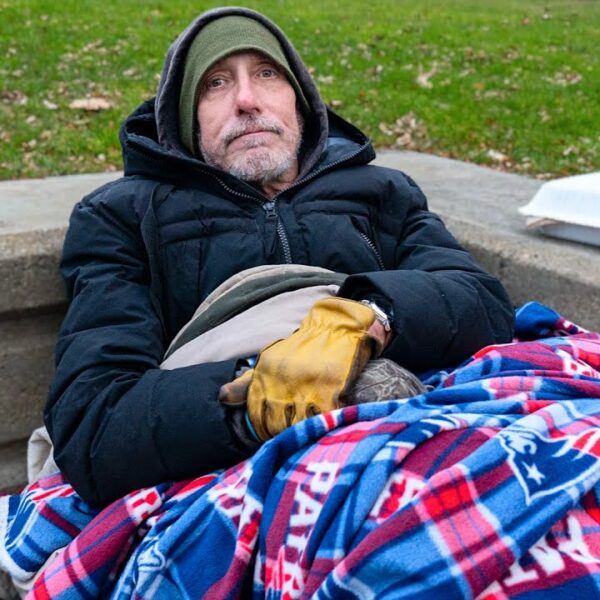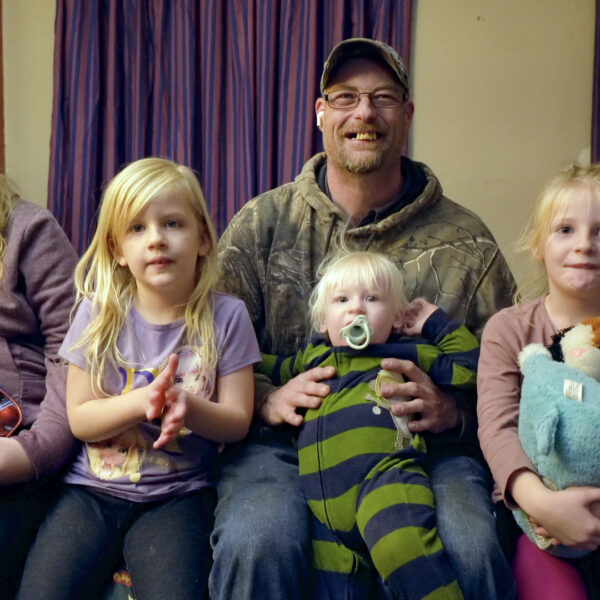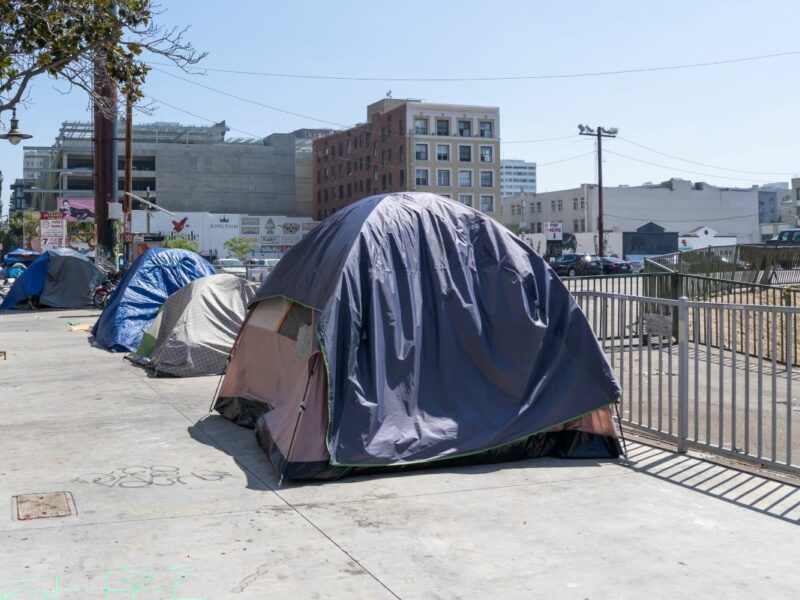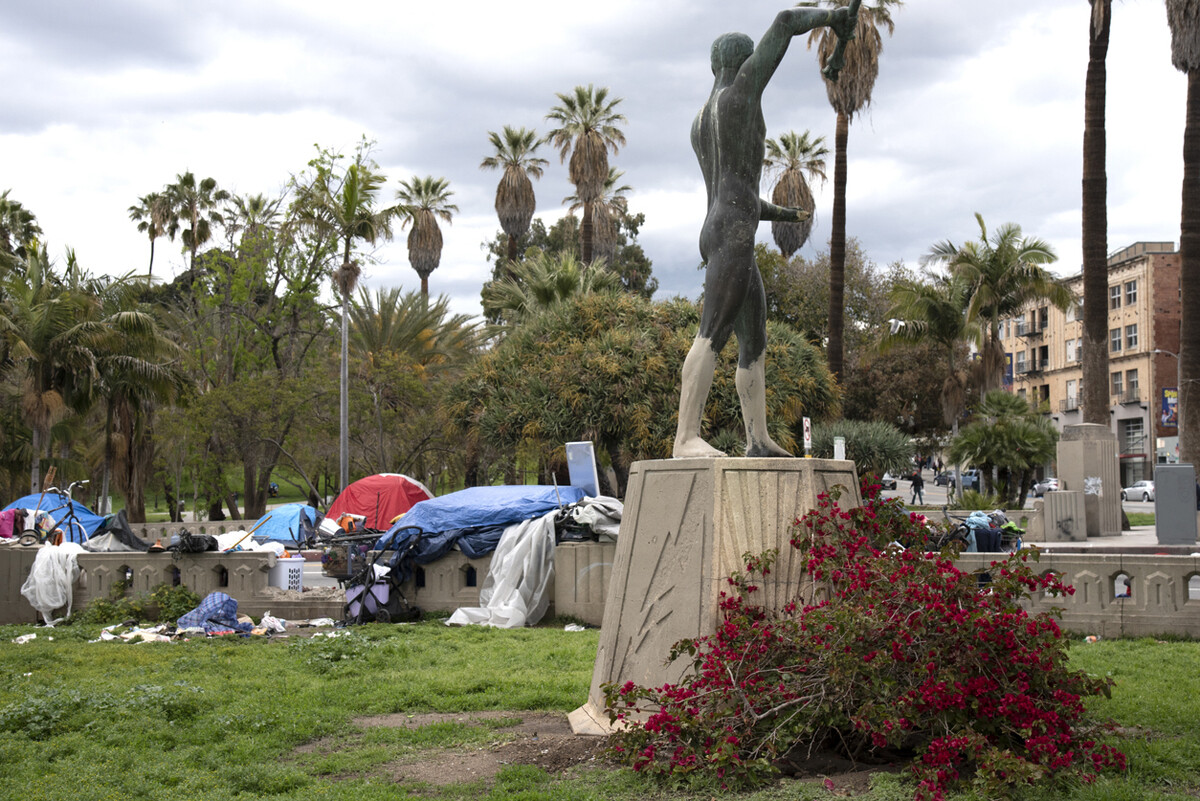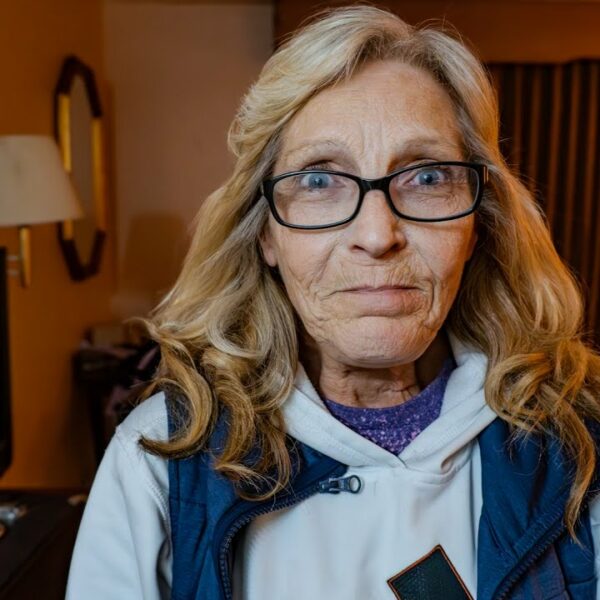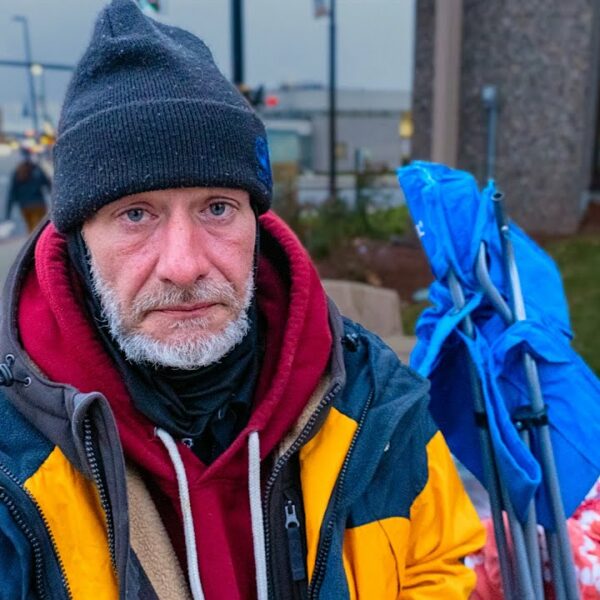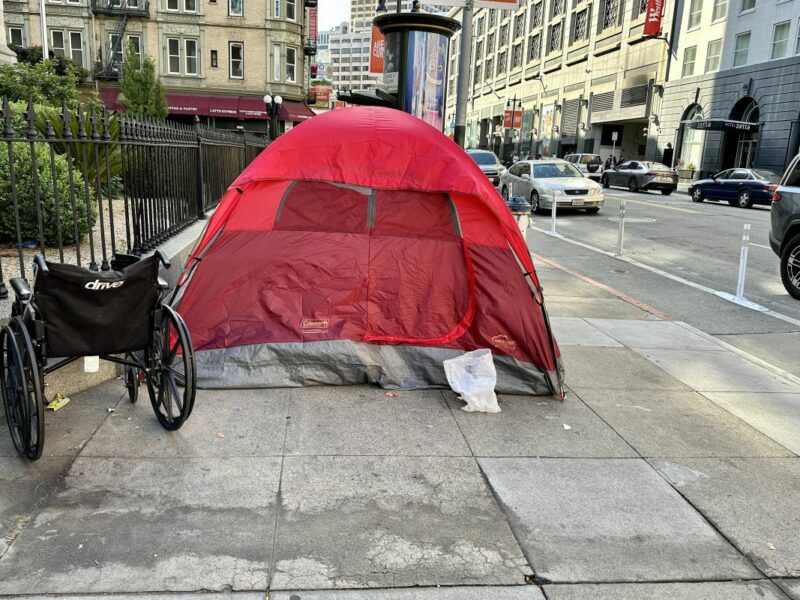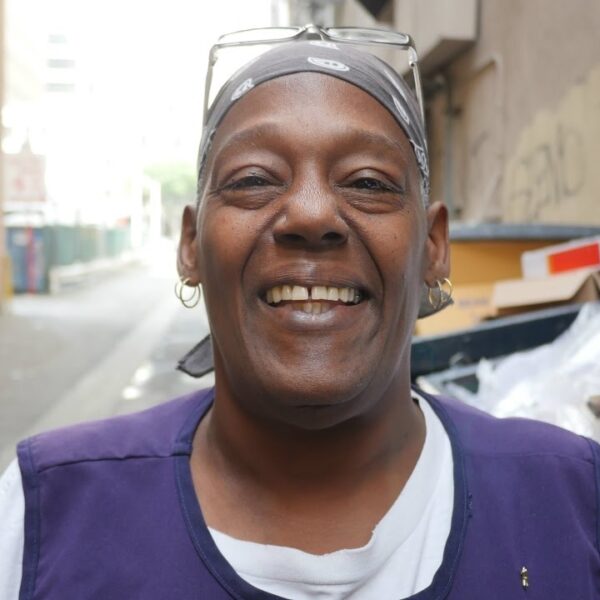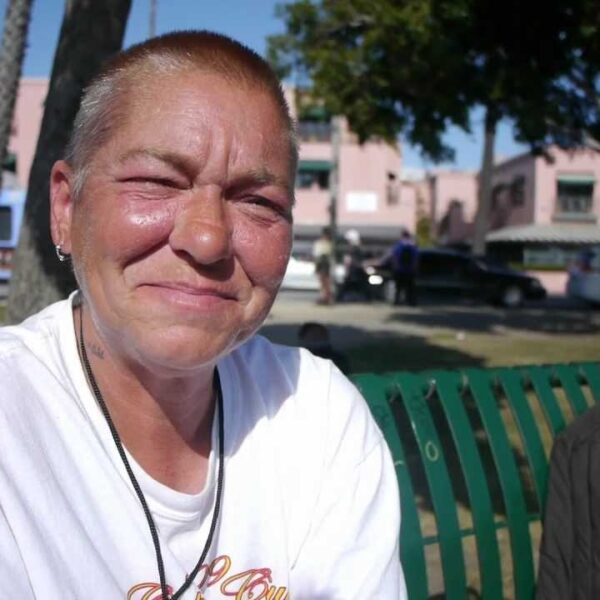Economic Roundtable, a Los Angeles-based research group, released a study in early January that provided a grim outlook for the future of homelessness in LA – an outlook that could ring true for the rest of the country, too.
The study projects that, if no large-scale, government action is taken, the Pandemic Recession will cause twice as much homelessness in Los Angeles as the 2008 Great Recession did. So over the course of the next several years, we could see the homeless population in LA, which currently sits at about 66,000 people, almost double.
When Job Loss Leads to Homelessness
The study points out that “disconnection from work is a degenerative dynamic”. This means less work leads to “less earnings, less stable living conditions, and further disconnection from work.”
Pandemic-related job loss has hit low-wage workers especially hard. This includes people who work in retail, food service and education, who may have been teetering on economic instability or homelessness to begin with. If one thing goes wrong, they could become homeless. Without stable housing, they’ll have an even more difficult time finding a new job.
In California, and the United States as a whole, the percent of working people with poverty earnings is staggering. According to this study, 42 percent of restaurant workers in California are earning poverty wages. That number rises to 47 percent if you look at the whole country.
If you are earning poverty wages, you don’t likely have a safety net to fall back on. As a result, you will start going into debt. Eventually, “without money to pay for rent or the help of family and friends, it is likely that individuals will be evicted and lack a place of their own to sleep.”
Who Will Be Impacted the Most?
The research study makes it clear that African American and Latinx people are much more likely to become homeless than their white counterparts at any income level.
An article from Invisible People looks into the racial disparities in homelessness in Los Angeles County. It cites a report referencing how institutional and structural racism at every level – education, criminal justice, employment, etc. – plays a huge role in why people of color are so much more likely to become homeless when compared with white people.
According to the article, “African Americans accounted for 40 percent of all individuals experiencing homelessness” on any given night in 2019. This is despite the fact that African American people make up only 13 percent of the United States population.
The Economic Roundtable study says that “half of African Americans and Latinos in the U.S. express no confidence or only slight confidence that they can pay for housing next month.” The impact of wage and job disparities between white people and people of color are shown in full force here.
Since African American and Latinx people are more likely to work in lower paying industries that have allowed for little flexibility during the pandemic, they are more likely to suffer job loss now.
A Calm Before the Storm?
The Economic Roundtable study says that homelessness lagged behind unemployment during the 2008 recession. However, it continued to grow even after the recession had “officially” ended.
This will likely be the case during this recession as well.
In an interview with City Monitor, the Economic Roundtable’s Anthony Orlando, who co-authored this report, says that the labor market is usually a couple of years behind consumer spending and business investment.
So even if the economy bounces back soon, many people who work in these low-wage positions may still be out of work as businesses “go through the recession and they figure out how to do their work with fewer workers,” becoming “leaner, meaner, more efficient.”
This is a scary idea for the millions of Americans who work in the jobs most at risk.
The study says that “people are likely to fend off homelessness as long as possible”. With eviction moratoriums in place nationally, some people may be able to stay in their homes for a while. But if they aren’t able to get back into work, they may eventually experience homelessness.
What Can We Do to Stop This Increase in Homelessness?
Though the study was done in Los Angeles, a Seattle Times article looks at how the research could apply to Seattle, adding that this could be the same in major cities across the country, especially those with large low-wage labor markets and big homelessness problems to begin with. By 2023, the United States could have over 600,000 homeless people.
“Swift and massive government intervention is needed to create jobs and provide earned income for unemployed workers who face the possibility of homelessness,” the study points out, adding that “the solution of employment costs less than the problems of homelessness”. Studies show ending chronic homelessness saves tax payers money. Individuals experiencing chronic homelessness use more public services and have higher public health costs than their housed peers.
Immediate rent relief and stimulus money can help curb homelessness in the short term. However, we must start looking at implementing long-term solutions to help homeless people and those at risk of becoming homeless. There are different ideas about how to do this, including:
- Expanding housing choice voucher systems
- Providing more reliable employment opportunities
- Addressing the low-income housing crisis
But to prevent this dire prediction of such a massive increase in homelessness, something needs to be done quickly. Contact your representatives and demand action today.



